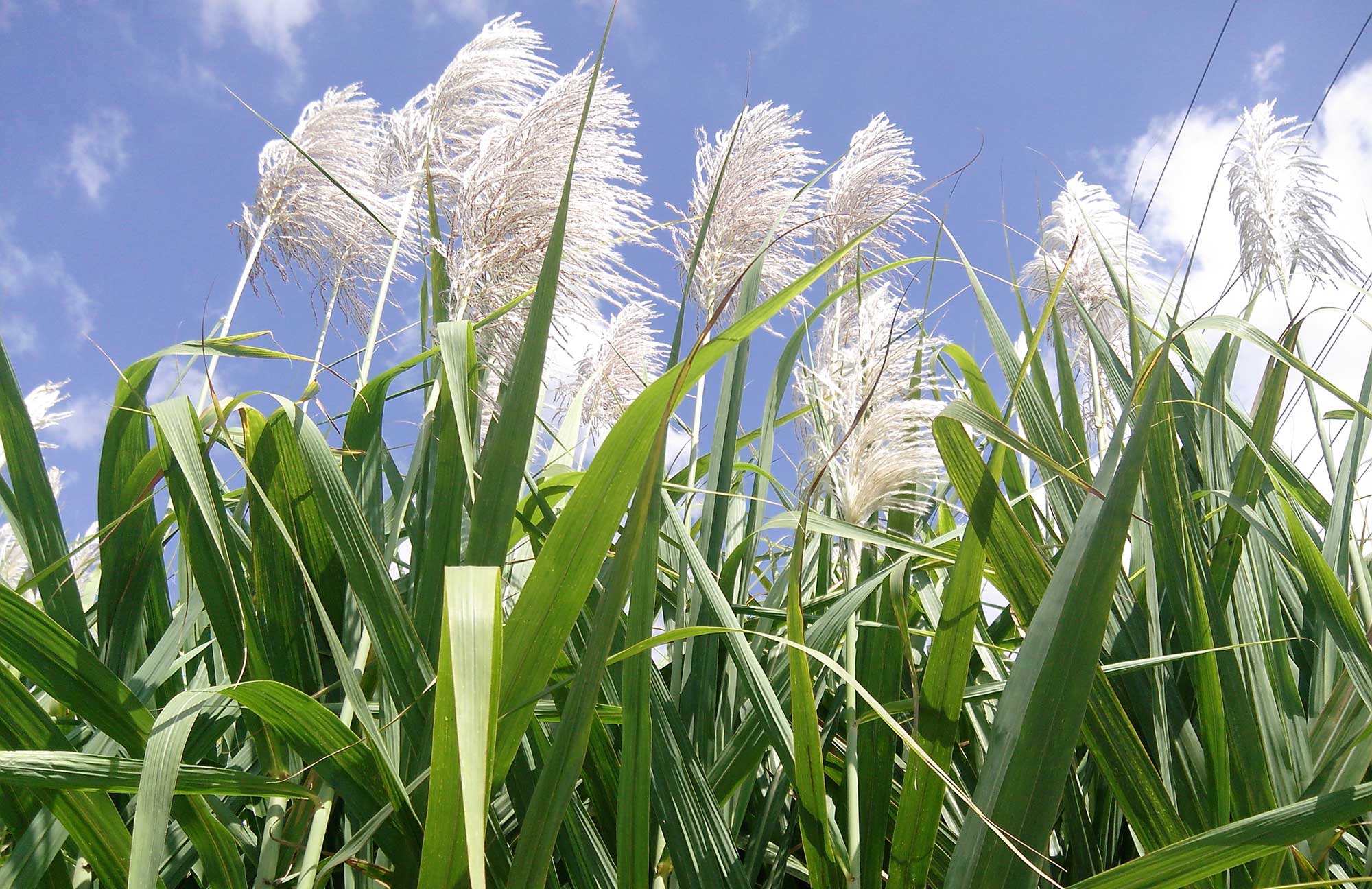Why Sugar and Cane Are Essential Ingredients in Baking and Cooking
Why Sugar and Cane Are Essential Ingredients in Baking and Cooking
Blog Article
Why Cane Sugar Processing Chemicals Are Critical for Modern Sugar Refining
The duty of cane sugar processing chemicals in modern sugar refining can not be overemphasized, as they are essential to boosting both the performance of removal and the general top quality of the last item. Representatives such as phosphoric acid and particular flocculants are used to get rid of impurities, causing sugar that not only meets consumer assumptions yet also complies with sector standards. Nevertheless, the effects of these chemicals extend beyond high quality, discussing market dynamics and environmental factors to consider. This increases important concerns concerning the sustainability of such practices and their influence on the future of sugar production.
Duty of Handling Chemicals
The efficiency of walking cane sugar handling hinges substantially on the calculated application of handling chemicals. These chemicals play an essential duty in enhancing the performance and high quality of sugar removal and refining. From the initial phases of juice removal to the final filtration steps, handling chemicals promote numerous critical procedures.
In the removal phase, chemicals such as phosphoric acid and calcium hydroxide are employed to maximize the explanation procedure, assisting to remove pollutants and suspended solids from the cane juice. This not just enhances the return yet likewise ensures the quality of the final item. In addition, agents like flocculants help in the fast settling of impurities, thus improving the total process.
As the handling breakthroughs, chemicals are utilized in decolorization and formation stages. Turned on carbon and ion exchange resins offer to remove color and odor, making sure that the refined sugar fulfills consumer high quality criteria. Inevitably, the duty of handling chemicals extends beyond functional efficiency; they substantially influence the sensory attributes of the end product, contributing to market competition. Hence, the precise selection and application of these chemicals are important for attaining optimal results in cane sugar processing.
Key Sorts Of Chemicals
Walking cane sugar handling relies on a range of key chemicals that help with each stage of manufacturing. These chemicals play necessary functions in making clear, lightening, and detoxifying the sugar drawn out from walking cane.
One primary category of chemicals consists of flocculants, such as polyacrylamide, which help in the clarification process by promoting the aggregation and settling of impurities. Additionally, calcium hydroxide is usually used to neutralize level of acidity and assist in the elimination of non-sugar elements.
Whitening agents, such as triggered carbon and sulfur dioxide, are used to decolorize the syrup, leading to a clearer final product. These chemicals aid eliminate color compounds that might influence the sugar's appearance and marketability.
In addition, phosphoric acid offers as a pH regulatory authority during the processing phases, guaranteeing optimal conditions for the chemical tasks associated with sugar removal and filtration.
Various other vital representatives include edta (ethylenediaminetetraacetic acid), which chelates steel ions that could militarize unwanted reactions, and salt hydroxide, which helps in pH control throughout the refining procedure. Collectively, these chemicals boost performance and make sure a top notch walking stick sugar product.
Benefits for Sugar Top Quality
Usually ignored, using details processing chemicals dramatically improves the total top quality of walking stick sugar. These chemicals play a pivotal function in refining procedures, guaranteeing that the final item meets rigid industry requirements for pureness and taste.

Furthermore, processing chemicals aid in achieving a consistent granulation and appearance, which are critical for consumer acceptance. By managing the condensation process, these chemicals ensure that the sugar crystals form evenly, bring about an extra enticing product that dissolves well in various applications.
Additionally, making use of these chemicals can enhance the shelf life of walking stick sugar by lessening wetness absorption and microbial growth. Overall, the critical application of processing chemicals is vital for delivering premium cane sugar that fulfills customer expectations and sector demands.
Environmental Influence Factors To Consider

Additionally, the energy-intensive nature of sugar refining, intensified by chemical use, typically causes raised carbon exhausts. This contributes to climate change and increases worries regarding the sustainability of present refining practices. Furthermore, the sourcing of these chemicals might include techniques that intimidate biodiversity, such as monoculture farming, which decreases the strength of farming ecological communities.

To reduce these impacts, sugar refiners are significantly discovering lasting alternatives and adopting ideal methods that lessen chemical use. Executing rigorous ecological administration systems can aid make certain that the refining procedure lines up with ecological requirements and advertises biodiversity. Inevitably, a balanced strategy that prioritizes both sugar quality and ecological stewardship is essential for the lasting practicality of the sugar sector.
Future Patterns in Refining
As the sugar industry comes to grips with the ecological challenges related to conventional refining methods, ingenious methods are emerging to boost both efficiency and sustainability. One substantial trend is the fostering of eco-friendly chemistry principles, visit homepage which focus on the usage of non-toxic, biodegradable processing chemicals. This change not just decreases ecological impact yet additionally addresses consumer demand for cleaner manufacturing techniques.
Another promising development is the application of innovative filtration modern technologies, such as membrane splitting up and adsorption procedures. These methods improve the clarity and high quality her response of the sugar while decreasing the volume of wastewater created throughout refining. Furthermore, the integration of electronic technologies, consisting of IoT and AI, is changing operational effectiveness by allowing real-time surveillance and anticipating upkeep, thus lessening source waste.
In addition, making use of byproducts from sugar refining, such as bagasse and molasses, is acquiring grip. These products can be exchanged biofuels or value-added products, adding to a round economy within the industry. Collectively, these trends signal a shift towards more sustainable methods that not only boost operational efficiency but also align with worldwide sustainability objectives, guaranteeing the future feasibility of sugar refining.
Verdict
Walking cane sugar handling chemicals are crucial in modern sugar refining, substantially boosting the performance and high quality of sugar removal. The critical use of these chemicals not just enhances the purity and flavor of the last item yet also guarantees constant condensation and texture. As the industry progressively prioritizes sustainability, the adoption of environmentally-friendly handling agents is likely to form future fads in refining, eventually resulting in higher high quality products and expanded shelf life for consumers.

Inevitably, a well balanced strategy that focuses on both sugar quality and environmental stewardship is essential for the long-term feasibility of the sugar sector.
Walking stick sugar processing chemicals are important in modern-day sugar refining, considerably improving the performance and high quality of sugar extraction.
Report this page